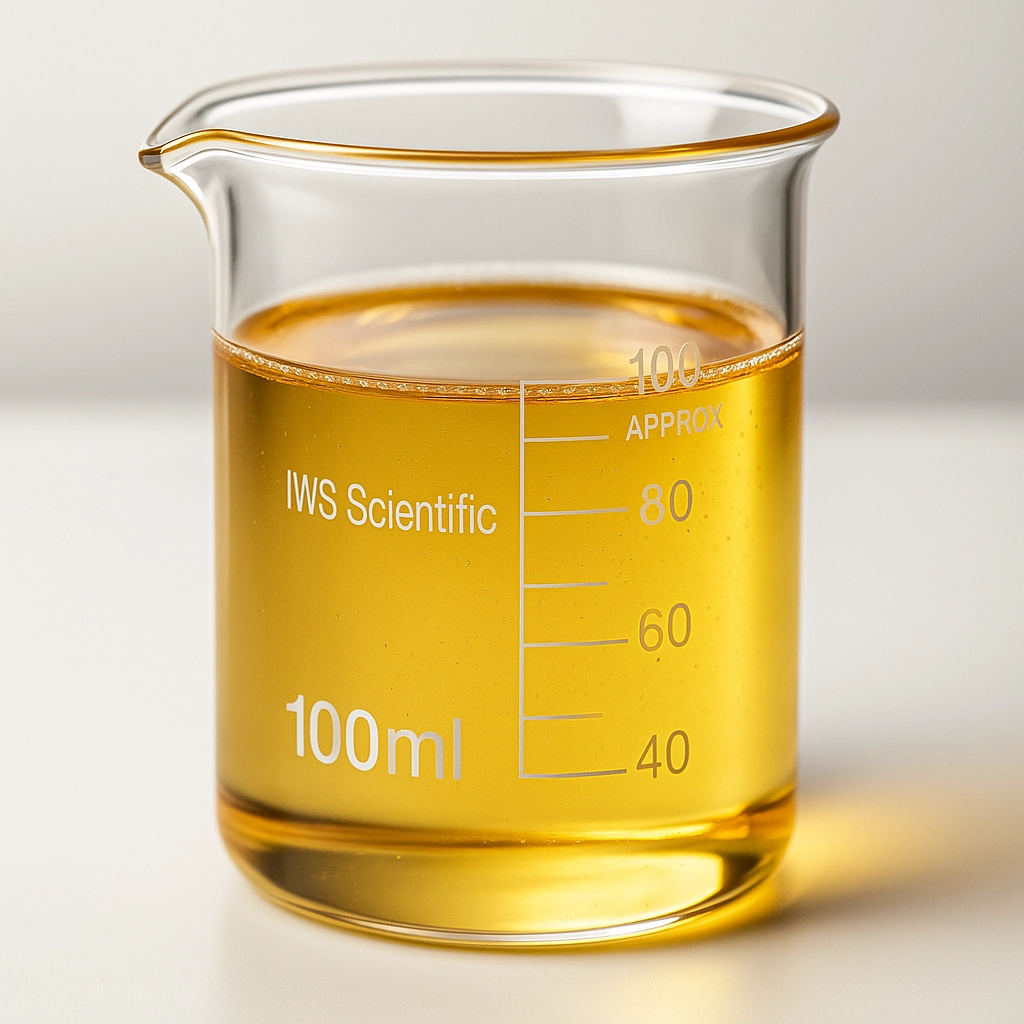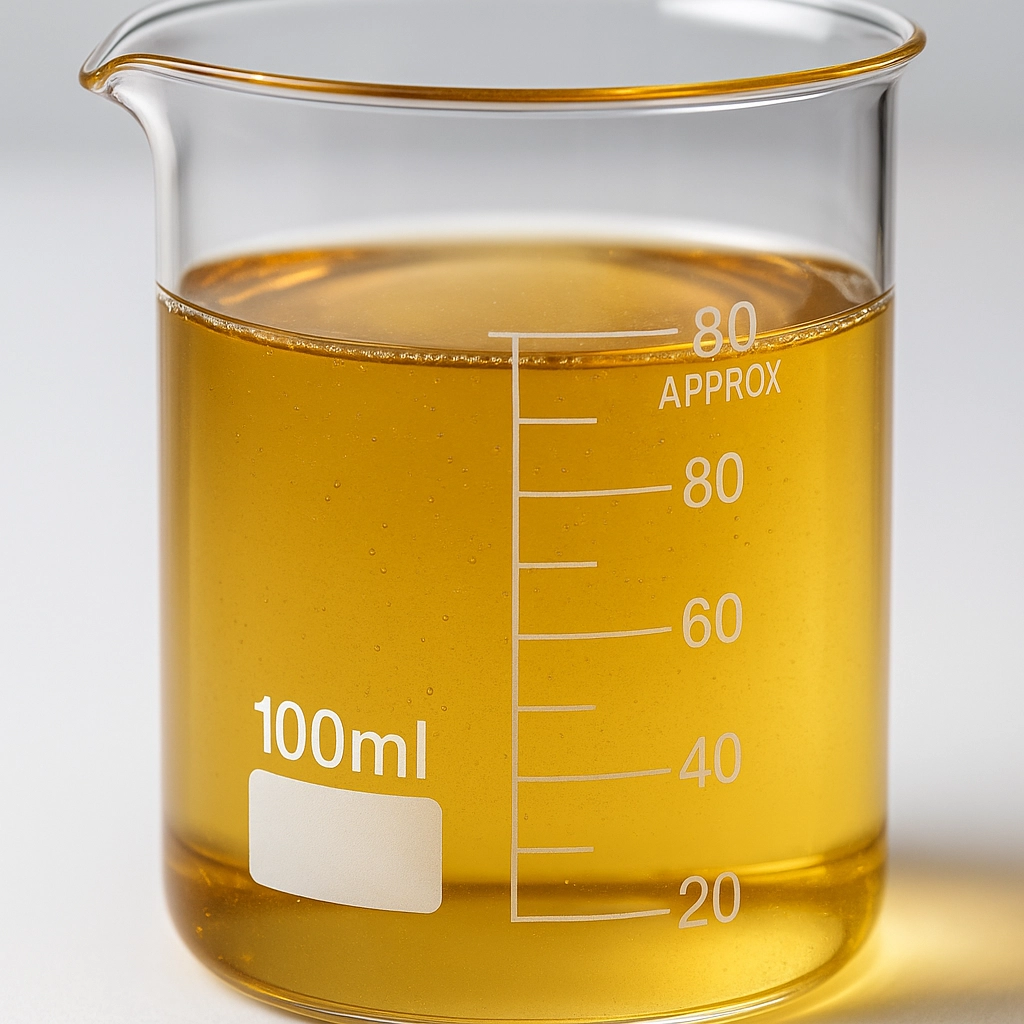


LAB, or linear alkylbenzene, is a vital raw material in the detergent industry, obtained from the reaction of linear alkenes with benzene. After sulfonation, it is converted into LABSA, providing high cleaning and foaming power. Features such as biodegradability, high purity, and stable performance make it ideal for use in the production of laundry powders, dishwashing liquids, shampoos, and industrial cleaners. Modern production technology ensures the quality and physicochemical stability of this product for both domestic consumers and export markets.


Linear alkylbenzene (LAB), with a density of approximately 0.86 and an oily nature, is a vital precursor for the production of anionic surfactants. After sulfonation, this compound is used in the manufacture of household and industrial detergents, and its linear structure provides high biodegradability. The use of Detal technology enables the production of a product with higher purity and better sulfonation capability. Due to its stability, foaming properties, and environmental compatibility, LAB is considered a global standard for modern detergent formulations.
Linear alkylbenzene (LAB), due to its favorable biodegradability, is one of the most widely used raw materials in the detergent industry and plays an important role in reducing the environmental impact of products. After undergoing sulfonation in downstream units, it is converted into linear alkylbenzene sulfonic acid (LABSA), which serves as the main active ingredient in many detergent formulations. LABSA, with its high cleaning power and ability to emulsify fats, is used in the production of various liquid and powder laundry detergents for both manual and machine washing. The use of LAB in detergent production not only enhances washing quality but also improves foaming, solution stability, and performance across a range of temperatures. Additionally, its ease of blending with other detergent additives has made it the base material of choice for major global manufacturers. These advantages, along with its environmental compatibility, have firmly established LAB’s position in the detergent market.
Linear alkylbenzene (LAB) is a colorless, non-toxic, oily aromatic hydrocarbon produced by the reaction of linear alkenes with benzene in the presence of a catalyst. As the primary precursor for anionic surfactants, LAB is converted into linear alkylbenzene sulfonic acid (LABSA) after sulfonation and plays a key role in the formulation of various powdered and liquid detergents. Due to its linear structure and biodegradability, LAB is a sustainable alternative to branched compounds and has a lower environmental impact. Its high purity, oxidation stability, and good solubility in organic solvents make it suitable for use in cleaning products, textiles, emulsification, and even as an industrial solvent. In Iran, reputable petrochemical plants, utilizing advanced technologies such as the Detal process, produce and supply LAB with global quality and ASTM/DIN standards, strengthening its position in both domestic and export markets.

| Typical Value | Specification | Test Method | Property |
|---|---|---|---|
| 0.8602 | 0.8575–0.8700 | ASTM D4052 | Density at 15.6°C (g/cm³) |
| >30 | ≥29 min | ASTM D156 | Saybolt Color |
| 2 | ≤15 max | ASTM D1492 | Bromine Index (mg Br/100g sample) |
| Negative | Negative | ASTM D4952 | Doctor Test |
| 31 | ≤200 max | UOP 481 | Moisture (ppm) |
| 1.484 | 1.480–1.490 | ASTM D1218 | Refractive Index at 20°C |
| 0.34 | ≤0.5 max | UOP 698 | Total Normal Paraffin (wt%) |
| 15.26 | ≤20 max | UOP 698 | 2-Phenyl Alkanes (wt%) |
| 93.1 | ≥92 min | UOP 698 | Linear Alkyl Benzene (wt%) |
| 99.0 | ≥98 min | UOP 429 | Sulfonatability (wt%) |



WhatsApp us